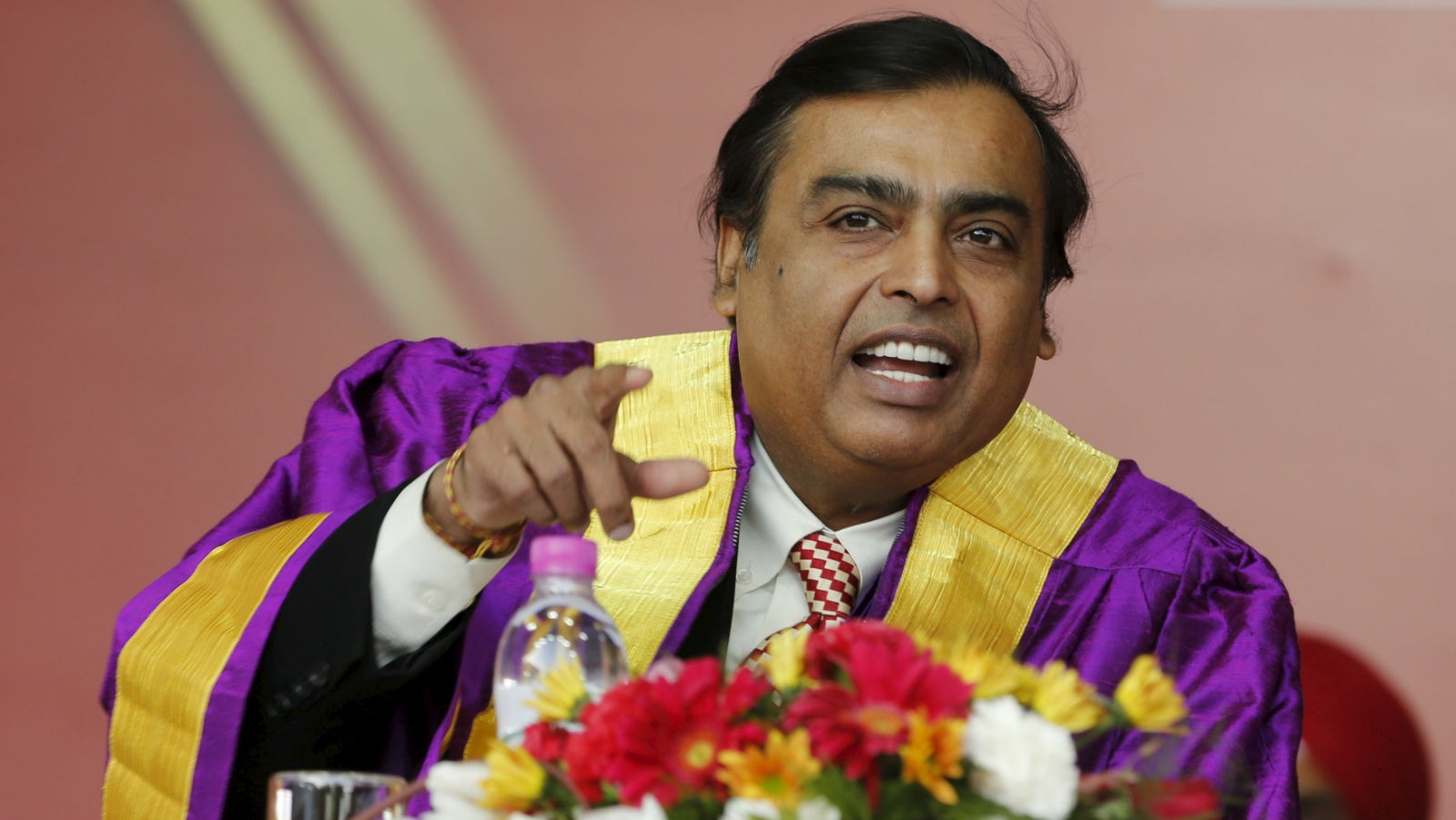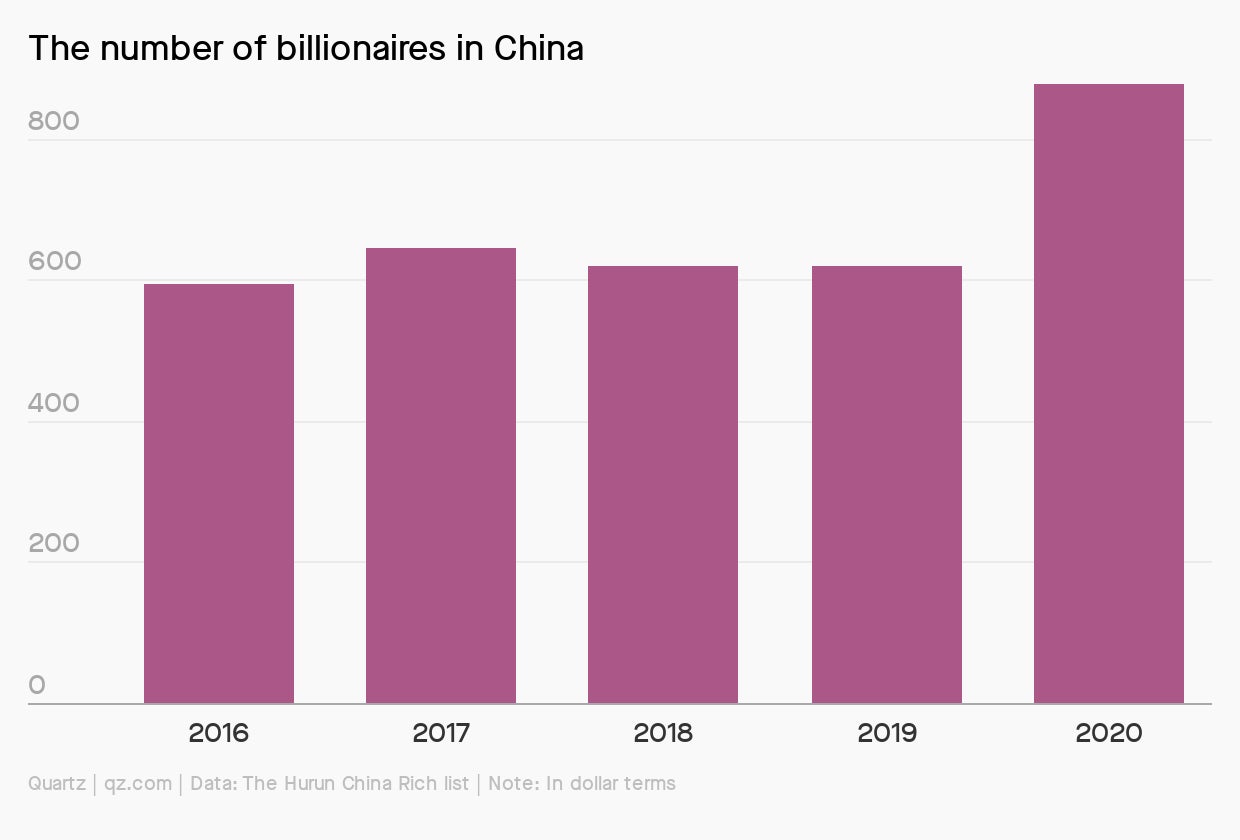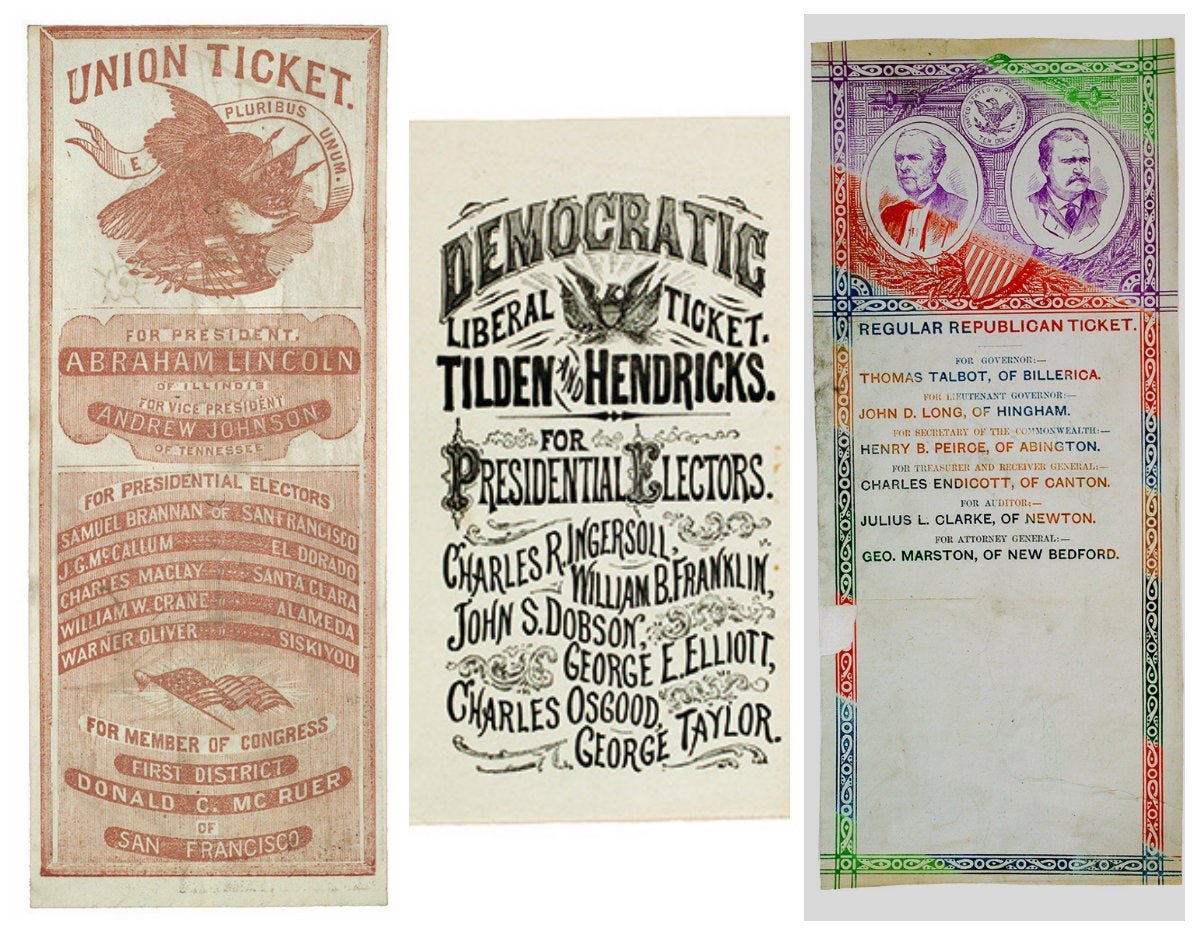Ireland’s lockdown, billionaire goals, fake nudes
Good morning, Quartz readers!

Good morning, Quartz readers!
Here’s what you need to know
Ireland begins a six-week lockdown tonight. It’s the first European Union country to return to “stay at home” rules as the continent grapples with the second wave of coronavirus, with the aim of being able to open up for Christmas. Citizens must exercise within three miles of their home, but schools will remain open.
The EU could reveal its choice for the WTO’s next chief. Bloomberg reported Europe may announce as soon as today it’s backing Nigeria’s Ngozi Okonjo-Iweala, seen as the more internationalist candidate. That could set up a clash with the US, which appears to prefer South Korea’s Yoo Myung-hee. Whichever way, the WTO’s next chief will be a woman. Separately, the EU parliament votes today on whether meatless burgers can be called burgers.
Cathay Pacific Airways cuts 8,500 jobs. The axed jobs represent around a quarter of the Hong Kong carrier’s total workforce. The airline also shut down its regional carrier Cathay Dragon and said it expects to operate at only half of its pre-pandemic passenger capacity next year.
Netflix’s coronavirus bump is over. The streaming giant added only 2.2 million subscribers this quarter, the weakest user gains of the company in four years, especially compared with the stunning 26 million new users it added for the first half of the year thanks to coronavirus lockdowns globally.
Nigerian forces opened fire on protesters. Eyewitnesses said they saw soldiers firing on demonstrators in Lagos’s Lekki area but the toll isn’t immediately known. Riot police were dispatched yesterday and a 24-hour curfew imposed after government officials said anti-police brutality protests had become too violent.
What makes Mukesh tick?
Chairman of Reliance Industries Mukesh Ambani doesn’t necessarily want to be remembered for running a conglomerate that’s currently dominating several sectors in the country.
At a book launch interview with journalist Omkar Goswami, Ambani said he’d prefer his legacy to be based on transforming India into a digital society, revolutionizing its educational sector, and redirecting it towards renewable energy. He also gave credit for Reliance’s pivot to telecommunications to his father’s dream of connecting all Indians at an affordable price.
Ambani may court the image of one who works for the benefit of a better-connected Indian population, but he’s also solely responsible for more than half of the rise in the collective net worth of the country’s rich people this year, and is worth more than three times as much as the second wealthiest person in India.

Charting China’s billionaires
Speaking of very wealthy people, China has more billionaires than any country in the world. Yesterday, a new group of 257 billionaires (in US dollar terms) were added to the annually released Hurun China Rich List, which has been tracking the wealth of the ultra-rich for 22 years.

The rich listers have a combined wealth of $4 trillion, which is similar to the GDP of Germany, up from $2.6 trillion in 2019. Jane Li looks into why more rich people in China are turning into super-rich people, despite a global pandemic.
Poorly designed ballots are difficult to fix

The user-focused design ethos characterizing our technological interfaces hasn’t made its way to ballot design yet, at least in the US. But if paper ballots are so bad, why can’t states just start from scratch? Anne Quito discovered that it’s not so easy—even a tweak is quite the process.
But at least we’re no longer in the 19th century. The task of printing ballots was left to political parties, who produced a mind-boggling array of designs and deployed every graphic trick and dark pattern they could think of. Then, you’d just pop your favorite ballot in the box, hop on your penny-farthing, and hope for the best.
How well do you podcast?
Which platforms already host, or have deals to host, podcasts by the following people?
🎧 Joe Rogan
🎧 Michelle Obama
🎧 Kim Kardashian West
🦇 Batman
OK, we’ll just tell you—the answer to all four is Spotify. which has been aggressively expanding into the podcasting world. Its main business, music, is a lousy cash cow, and with podcasts, Spotify doesn’t have to hand over a big chunk of its revenue to record labels.
In the past two years, Spotify has spent more than $600 million to acquire three podcast networks, including Bill Simmons’s “The Ringer,” and a podcast-making app. The platform is also narrowing podcasting’s traditional open environment by offering exclusive content. Read more in our field guide to the podcast business.
✦ Listen up, you can start a free trial of a Quartz membership today, then use promo code QZTWENTY to unlock a 20% discount for your first year.
Surprising discoveries
Bots created fake nude photos of more than 100,00 women using their social media posts. Intelligence firm Sensity found the bots, active on Telegram, could digitally remove the women’s clothes.
Thai protesters are on the lookout for “Iced Coffee.” That’s code for riot police, part of protest lingo developed over months of demonstrations.
A mining company stands to make billions on a Chilean gold operation. But first, it has to relocate the 25 rare chinchillas that live at the site.
Quicker than a jiffy. Scientists recorded the fastest thing to ever happen—the time it takes for a photon to cross a single hydrogen molecule—and it lasted 247 zeptoseconds.
No bike parking in the flower zone. Amsterdam plans to deter cyclists from locking up their rides on bridges by adding wooden planters.
Our best wishes for a productive day. Please send any news, comments, suspicious bots, and homeless chinchillas to [email protected]. Get the most out of Quartz by downloading our iOS app and becoming a member. Today’s Daily Brief was brought to you by Jane Li, Tripti Lahiri, Susan Howson, and Liz Webber.